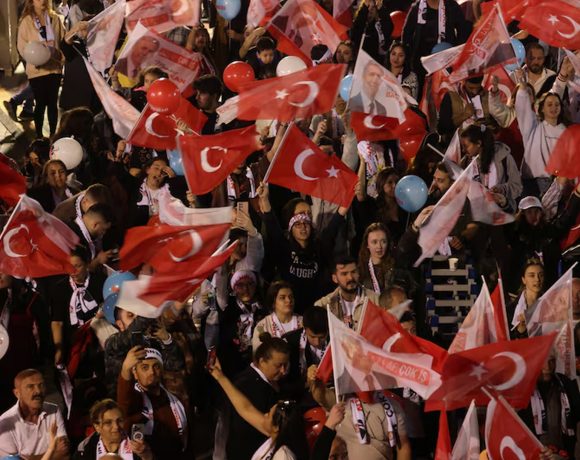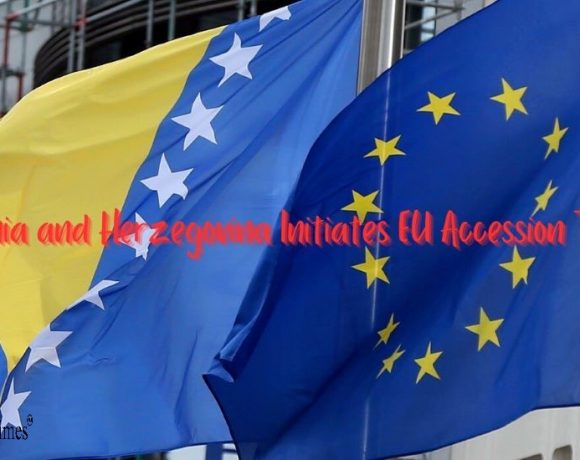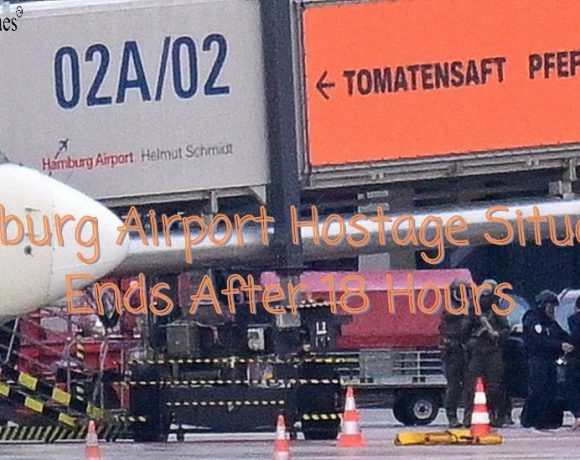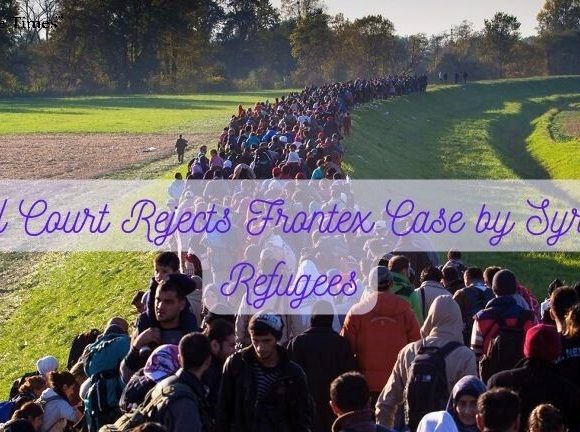
The primary opposition party in Turkey has claimed significant victories in key cities such as Istanbul and Ankara in recent elections, dealing a substantial blow to President Recep Tayyip Erdogan’s aspirations. Erdogan, who had hoped to secure control of these cities less than a year after winning his third presidential term, faced defeat as the opposition secured victories.
Ekrem Imamoglu, representing the secular opposition CHP, secured his second victory in Istanbul, defeating the candidate backed by Erdogan’s AK Party by a considerable margin. Similarly, in Ankara, opposition mayor Mansur Yavas declared victory early on, with a significant lead over his opponent.
These results mark the first nationwide defeat for Erdogan’s party in over two decades. Despite Erdogan acknowledging the outcome, labeling it a turning point, it’s a significant setback for his party’s dominance, especially considering the sweeping powers amassed by the presidency under his leadership.
The opposition’s success is considered the biggest electoral defeat of Erdogan’s career, prompting speculation about the future of Turkish politics. Supporters of the opposition celebrated the outcome as a historic moment, signaling a desire for change in the country’s political landscape.
Imamoglu and Yavas, both seen as potential presidential candidates in the future, emerged as key figures in the opposition’s triumph. The victories in major cities like Istanbul, which holds substantial economic and cultural influence, underscore the opposition’s strength and its ability to challenge Erdogan’s rule.
Despite Erdogan’s party retaining control in certain regions, particularly in central Turkey, the election results reflect a significant shift in the country’s political dynamics. With a high voter turnout and the inclusion of a sizable number of young voters, the elections have reshaped Turkey’s political landscape and set the stage for potential changes in the upcoming presidential election in 2028.
Picture Courtesy: Google/images are subject to copyright









